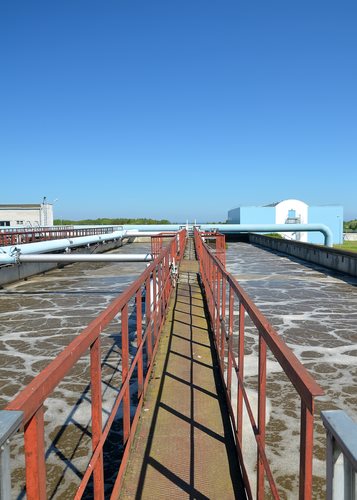
On October 11, 2012, the Environmental Protection Agency and the Tennessee Department of Environment and Conservation (TDEC) announced and recognized the initiatives of seven drinking water and waste water utilities throughout the state. Some of the facilities have already begun improvements, and four of the utilities have already saved about 3,300,000 kilowatt hours and reduced 3200 tons of carbon dioxide emissions.
The utilities and their estimated energy and cost savings per year are listed below:
-Caryville-Jacksboro Utilities Commission 188,000 kWh / $15,750
-City of Columbia 1,300,000 kWh / $100,000
-Fayetteville Public Utilities 517,000 kWh / $34,000
-City of Franklin 1,699,440 kWh / $194,000
-First Utility District of Knox County 710,000 kWh / $68,000
-Lenoir City Utilities Board 523,000 kWh / $42,000
-Nashville Metro Water Services 2,400,000 kWh / $210,000
The active improvements and the planned improvements will save more than 7 million kilowatt hours a year and reduce carbon dioxide emissions by about 6,696 tons—a figure equivalent to bringing 1,190 cars off the road or providing power to about 739 homes. Each facility is projected to save between $15,750 and $210,000 per year with an approximate combination of $633,750 in savings.
The facilities now making improvements participated in assessments and workshops in order to determine how to reduce the overall amount of energy use. Some of the facilities took simple initiatives like installing solar panels, while others made more sophisticated improvements like reducing the amount of UV disinfection and more.
TDEC Commissioner Bob Martineau stated, “Today’s gathering is a great example of how government partnerships can work together and we’ve been pleased to help provide these communities with energy efficiency tools, expertise and support for Tennessee’s water and wastewater utilities—assisting them in reducing costs and environmental pollution, while saving money and benefiting their ratepayers.”
Source: U.S. Environmental Protection Agency


































